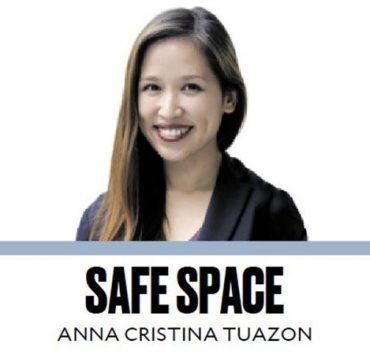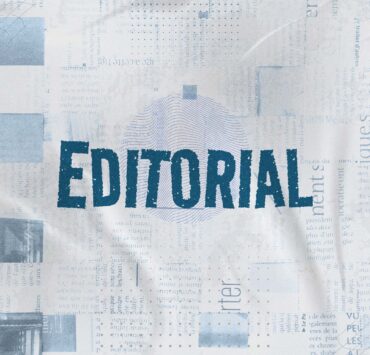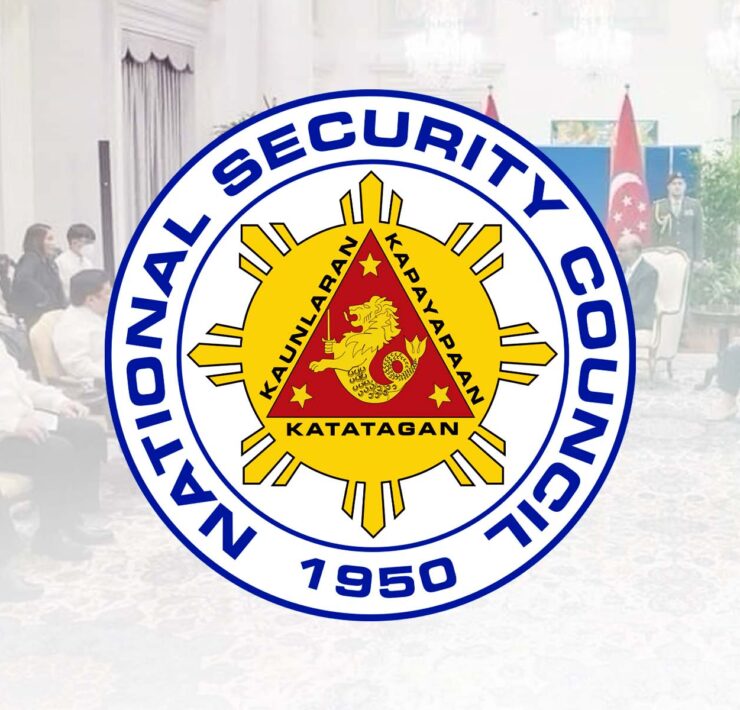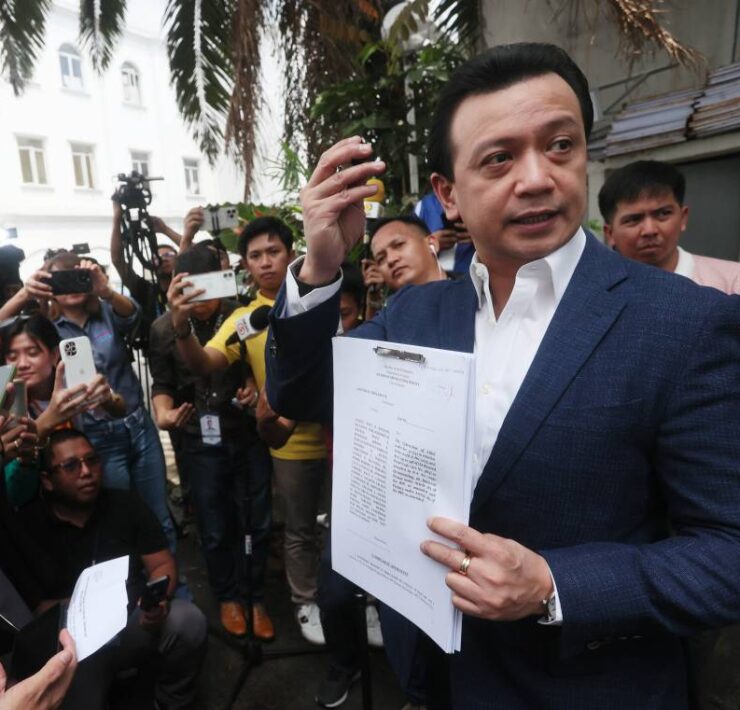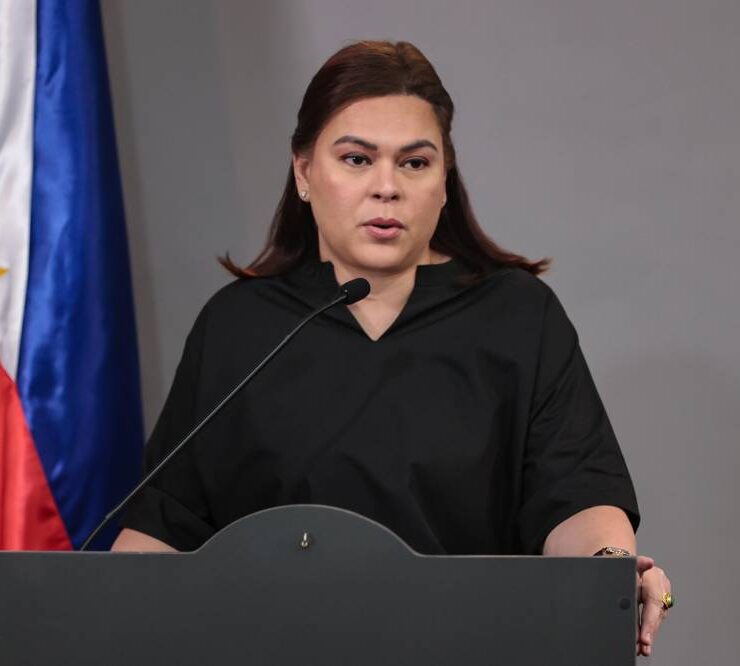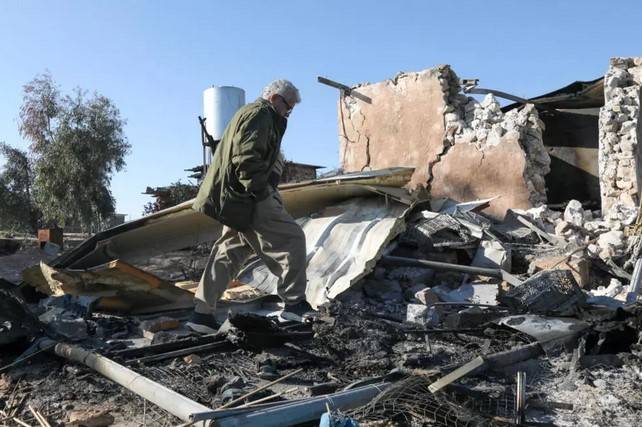The criminal charges against Rodrigo Duterte
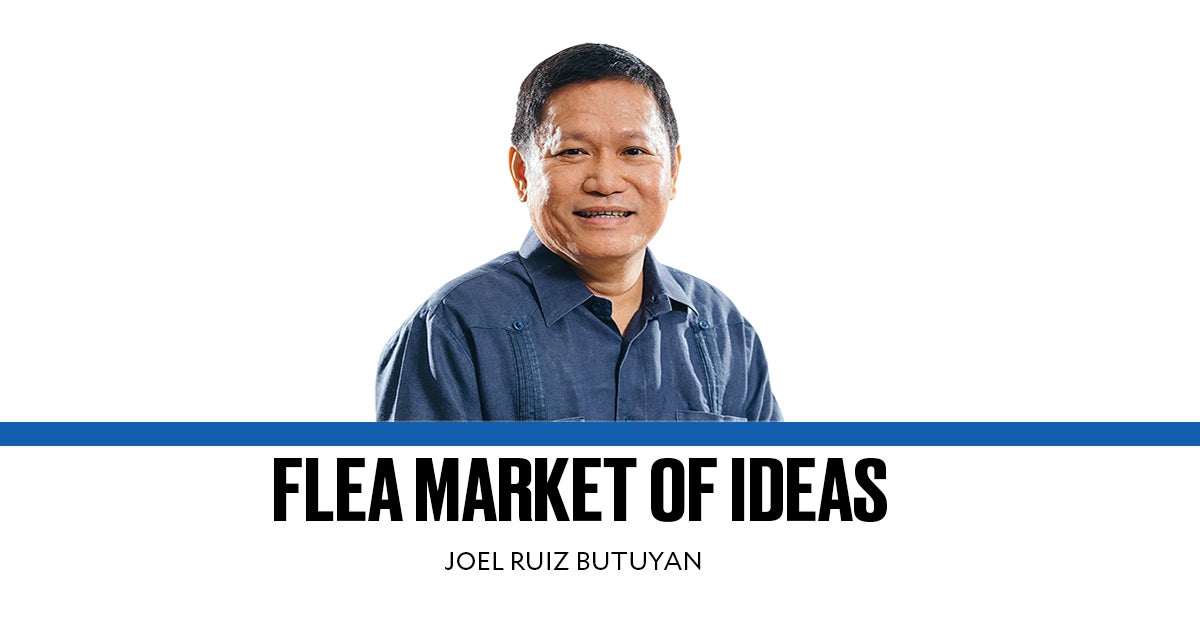
The Hague, Netherlands—The Document Containing the Charges (DCC) against former President Rodrigo Duterte has finally been publicly released by the International Criminal Court (ICC). Although many details have been censored, the document still reveals a lot of crucial information. The charges are not final because the pretrial chamber of three judges will still have to approve them when the confirmation of charges hearings finally take place. Once approved, the trial during which witnesses will testify can then be scheduled to begin.
Essentially, there are three crimes that the ICC Office of the Prosecutor (OTP) proposes to charge against the former president. These are as follows: 1. crime against humanity of murder for the killings in and around Davao City during Duterte’s term as mayor from 2013 to 2016 (“Davao killings”); 2. crime against humanity of murder for the killings of “high value targets” (Operation Double Barrel killings) during Duterte’s term as president from 2016 to 2017 (“high-value targets killings”); and 3. crime against humanity of murder and attempted murder for killings and attempted killings during the barangay clearance operations (Operation “Tokhang” killings) from 2016 to 2018 (“Tokhang killings”).
To prove the Davao killings, the OTP will present nine incidents in which 19 people were murdered in Davao City and Davao del Norte. For the high-value target killings, the OTP will present five incidents in which 14 people were murdered in Manila City and four other undisclosed localities. For the Tokhang killings, the OTP will present 35 incidents in which 43 people were murdered, while two others were shot at but survived. Of the Tokhang killings, 14 incidents happened in Manila City, 18 in Bulacan, one in Quezon City, and one in Caloocan City.
All in all, the OTP will undertake to prove a total of 76 murders and two attempted murders. The OTP, however, clarified that “at least hundreds of other murders during the mayoral period, (and) thousands of other murders in the presidential period, and other violent crimes” were attributed to Duterte as the mastermind. In other words, the murders and attempted murders that are mentioned in the DCC are only representative samples of all the crimes that were attributed to Duterte and his co-perpetrators when they “carried out a widespread and systematic attack against the civilian population in the Philippines.”
Mr. Duterte is being charged with masterminding the three sets of crimes mentioned earlier, because of his following actions: he designed and disseminated the policy to ”neutralize” alleged criminals; he established and oversaw the Davao Death Squad (DDS) (described as Davao City police and nonpolice hit men); he instructed and authorized violent acts to be committed against alleged criminals; he provided personnel and other logistical resources (such as weapons) to be used in the execution of the crimes; he appointed key personnel to positions which were crucial to the execution of the crimes; and he offered financial incentives and promotions to police officers and hit men to kill alleged criminals.
Other acts attributed to Duterte that link him to the crimes are as follows: he created and maintained a system in which perpetrators knew they would be protected, including promises of immunity and shielding perpetrators from investigation and prosecution; he made public statements authorizing, condoning, and encouraging killings of alleged criminals; he authorized state actors to take part in the antidrugs campaign and temporarily revoked such authorization, including to placate public outcry, and; he publicly named individuals and held up charts from lists of alleged criminals, including so-called high value targets, some of whom were subsequently killed.














